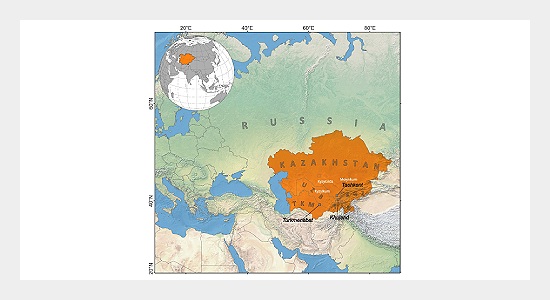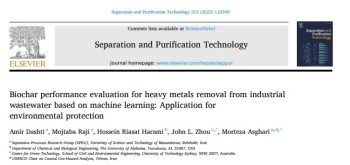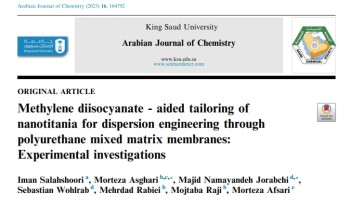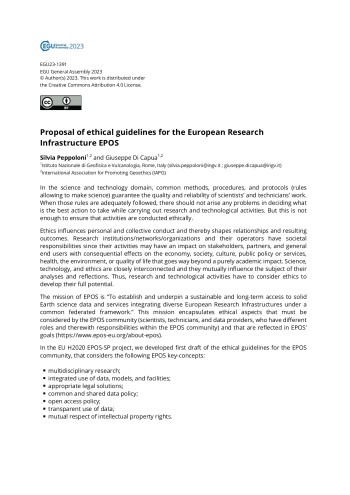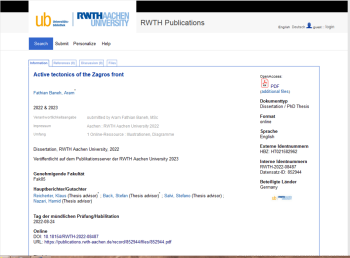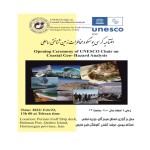Broomandi, P., Mohammadpour, K., Kaskaoutis, D.G., Fathian, A., Abdullaev, S.F., Maslov, V.A., Nikfal, A., Jahanbakhshi, A., Aubakirova, B., Kim, J.R., Satyanaga, A., Rashki, A., Middleton, N. (2023). A Synoptic- and Remote Sensing-based Analysis of a Severe Dust Storm Event over Central Asia. Aerosol Air Qual. Res. https://doi.org/10.4209/aaqr.220309
ABSTRACT
A
severe dust storm blanketing Central Asia on 3-4 November 2021 was
investigated employing satellite remote-sensing, synoptic meteorological
observations, reanalysis and HYSPLIT back-trajectories. The prevailing
meteorological conditions showed an intensification of air subsidence
over eastern Kazakhstan, featured in a typical omega-blocking system
over the region and two troughs to its west and east axis, one day
before the dust storm. The prevailing high-pressure system and
temperature gradients over Kazakhstan modulated the dominant
anticyclonic wind pattern generated from the south Balkhash basin toward
the Caspian Sea, causing a huge dust storm that covered the southern
half of Kazakhstan and large parts of Uzbekistan, Tajikistan and
Turkmenistan. The dust storm originated in the steppes of southern
Kazakhstan by violent downdraft winds. Initially it swept over eastern
parts and then the whole of Uzbekistan, reaching the Caspian Sea in the
west. Meteorological measurements and HYSPLIT back-trajectories at
selected sites in Central Asia (Turkmenabat, Khujand and Tashkent)
showed a remarkable dust impact that reduced temperature (by 2-4°C) and
visibility to below 1 km at different periods, as the thick dust plume
expanded in various directions. The extremely high PM concentrations (PM10 > 10,000 μg m-3
in Tashkent) could endanger both human health and the environment,
especially in a region suffering from high susceptibility to wind
erosion and significant land degradation and desertification. Effective
and immediate stabilising measures to control wind erosion in vulnerable
areas of Central Asia are warranted.
Keywords: Atmospheric circulation, Dust storms, HYSPLIT, Backward trajectory, Tashkent
